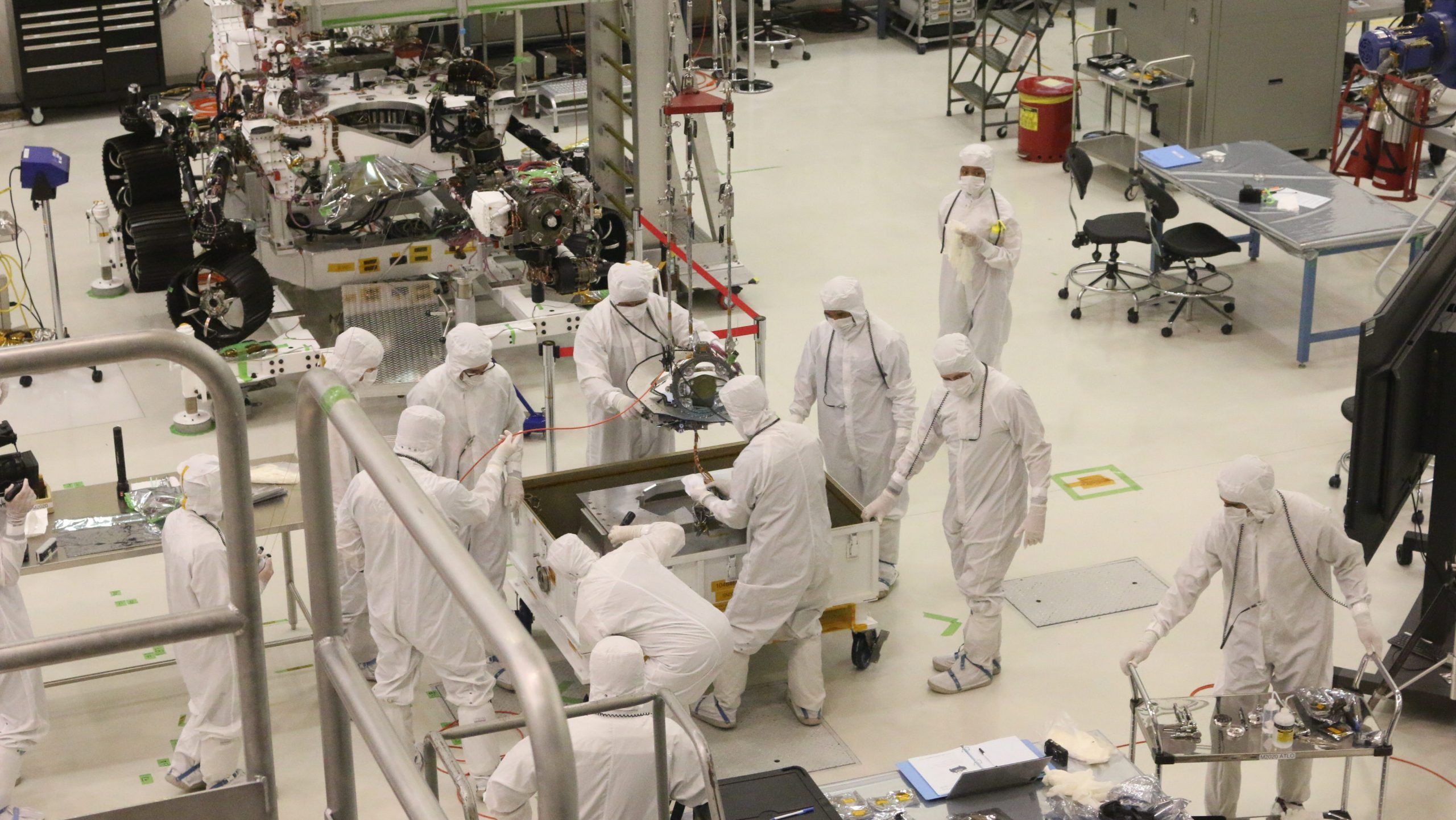
Trichloroethylene (TCE)
Trichloroethylene (TCE)
Toxic Effects
- Acute effects
- Mucosal Membranes: Irritation of eye, nose, throat and respiratory tract.
- Central Nervous System: Massive exposure can cause excitation, dizziness and euphoria initially. This is followed by a depressive phase of headache, nausea, sleepiness and coma.
- Respiratory System: Chemical pneumonitis and death from respiratory failure can occur.
- Heart: High exposure levels can sensitise myocardium and cause cardiac arrhythmia and death from cardiac failure.
- Chronic effects
- Central Nervous System: Non-specific complaints like headache, irritability, fatigue and insomnia. Impairment in psychomotor and behavioural tests has been reported. Alcohol intolerance characterised by cutaneous vasodilatation, especially in the face, can occur.
- Skin: Prolonged or repeated skin contact with liquid TCE can cause irritation and dermatitis.
- Liver: Few cases of hepatitis-like syndromes and steatosis (fatty liver) have been reported from chronic exposure to trichloroethylene.
- Kidney: Altered renal function such as proteinuria and raised blood urea may occur from chronic exposure to high levels.
- Severe systemic allergic reaction
- Presents with triad of generalized rash (Steven Johnson Syndrome or Toxic Epidermal Necrolysis), fever and jaundice; seen within 2 – 3 weeks after starting exposure in sensitive individuals with minimal TCE exposure.
- May result in fatality;
- Cancer – Prolonged exposure to high concentrations of TCE (hundreds to thousands ppm) increases incidence of renal cancer.
Note: When there is mixed exposure to perchloroethylene and/or other solvents, there may be combined effects on target organs.
Main Industries and Occupations at Risk
- Workers involved in vapour degreasing and cold cleaning of metal parts in metal fabricating, automotive, aircraft and aerospace industries;
- Used for cleaning of lenses in optical industry;
- Used as solvent for extraction of waxes, fats, resins and oils;
- Used as a solvent or chemical intermediate in printing inks, varnishes, adhesives, paints, lacquers, rug cleaners and disinfectants.
Medical Examinations
Indications:
- Any occupational exposure to trichloroethylene.
Types of Tests and Frequency of Examinations
- Pre-placement medical examinations: within three months of exposure
- Clinical examination with emphasis on:
- i. past, present and anticipated future exposure;
- ii. central nervous system, skin, liver and kidney disorders.
- Tests:
- i. Mid-week end-of-shift urinary trichloroacetic acid (U-TCA) determination (results to be corrected for specific gravity or urinary creatinine concentration);
- ii. Liver function tests (serum bilirubin, alkaline phosphatase, aspartate aminotransferase, alanine aminotransferase and gamma glutamyl transferase).
- For exposures that are irregular or intermittent, the test should be done at the end of the exposure period
- Unfit for exposure to TCE:
- i. Workers with liver diseases
- ii. Alcoholics and cases of solvent abuse
- Clinical examination with emphasis on:
- Periodic medical examinations: every 12 months
- Clinical examination with emphasis on the central nervous system, skin, liver and kidney.
- Tests:
- i. Mid-week end-of-shift urinary trichloroacetic acid (U-TCA) determination (results to be corrected for specific gravity or urinary creatinine concentration)
- ii. If U-TCA exceeds Action level, to conduct liver function tests (serum bilirubin, alkaline phosphatase, aspartate aminotransferase, alanine aminotransferase and gamma glutamyl transferase). For exposures that are irregular or intermittent, the test should be done at the end of the exposure period
Pre-placement Medical Exam |
||
| 1 | Clinical examination | $50 |
| 2 | Mid-week end-of shift urinary trichloroacetic acid (U-TCA) | $120 |
| 3 | Liver function tests | $35 |
12 monthly Periodic Medical Exam |
||
| 1 | Clinical examination | $50 |
| 2 | Mid-week end-of shift urinary trichloroacetic acid (U-TCA) | $120 |
| 3 | Liver function tests (if U-TCA exceeds Action level) | $35 |
